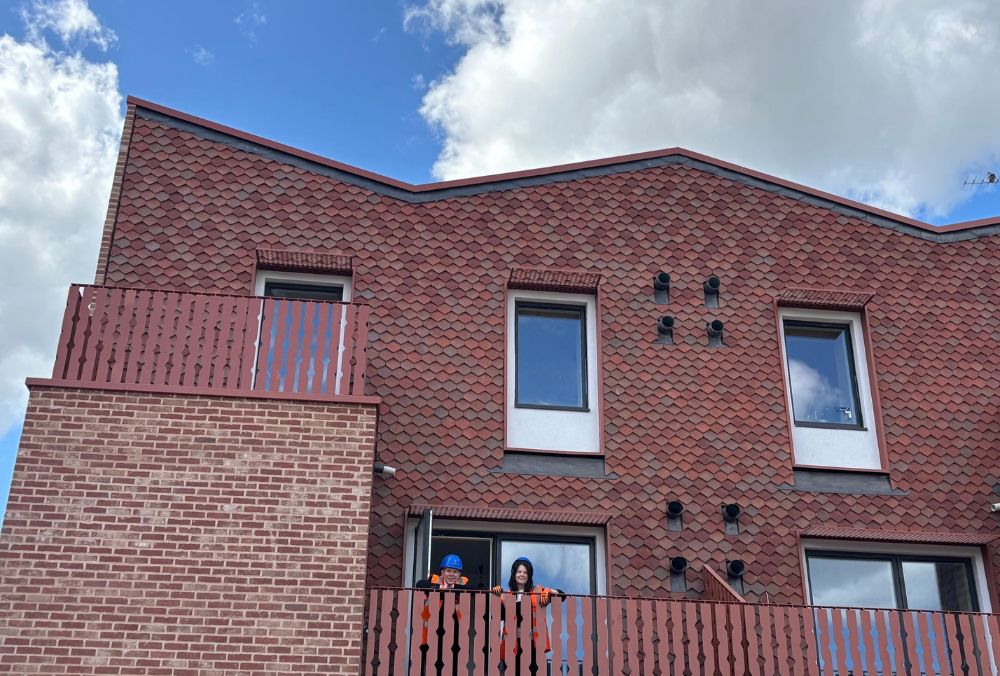Energy Upgrade Crackdown Will Trigger Landlord Exodus
- News
- 3 min read

Experts have warned that an imminent crackdown on energy upgrades will trigger an exodus of landlords from the private rented sector.
The Government intends to introduce legislation to ensure all newly let rental properties have a band C Energy Performance Certificate (EPC) rating by 2025. The deadline would be 2028 for existing lets. Hamptons estate agents have estimated that the total cost to upgrade England’s existing rental stock to band C would be £16bn. This would equate to almost half a year’s rental income.
Yet the costs would form a much larger share of rental income in cheaper areas. In London, the cost to landlords would be £2.9bn, or 26pc of the annual rental income from homes in the capital. In the North East, the cost, at £662m, would be much smaller, but because of much lower rents, would be 83pc of the region’s yearly rental income.
But failure to upgrade the EPC will mean a property cannot be rented out, possibly making such homes heavily discounted or unsellable.
John Eastgate, of lender Shawbrook Bank, says landlords need support from the Government and their mortgage providers. Without this, he says, there is a risk that a substantial part of the private rental sector (PRS) will become unrentable and, therefore, unmortgageable in 2025. Trade body UK Finance has also called for landlords to receive more financial support to upgrade their properties.
£10,000 cap on upgrades ‘unaffordable’
Anita Matthews, 61, a landlady with a portfolio of five properties has already begun selling up as a result of the EPC changes. She is selling one each tax year and giving her tenants two years’ notice. She sold one last year and will sell another next April. They will all be gone by the time the EPC rules come into force, she says. She doesn’t want to make anyone homeless, but she cannot afford to implement the upgrades. It would cost her £17,500 to make one property band C, the equivalent of four and a half years’ rental income from the property.
Almost two thirds of landlords would be affected by the introduction of a minimum energy rating of C, a survey by the National Residential Landlords Association (NRLA), a trade body, found earlier this year. If regulations banned rental properties in band D or below, 27pc of those surveyed would exit the market. This would be equivalent to around 784,000 homes being sold up, out of England’s 4.4 million privately rented households.
The rising costs of materials and labour will further increase the retrofitting by thousands. Although the Government has proposed a £10,000 cap on the amount landlords would have to pay, investors say this would still be unaffordable.
Despite energy upgrades giving owner-occupiers explicit cost benefits by cutting energy bills, they are not a financial incentive for landlords, who usually do not pay these.
Find the best...
Likely long-term squeeze on profitability
The estimated cost of an upgrade of a property from D to C is £6,472, making an annual energy cost saving of £179. But it would take 36 years to pay back the initial investment, even if it meant a landlord could charge higher rents.
There is additionally little incentive in terms of capital appreciation. The price difference between an average band C and band D property is only £5,582, according to analysis by Savills estate agents.
Lucian Cook, of Savills, says expected interest rate rises, which have already increased the costs of buy-to-let mortgages, will further squeeze landlords’ margins. Then there is the question of where they borrow the money to do the works. If it comes from their buy-to-let mortgage, which they can no longer offset against their tax bill, that will put a long-term brake on profitability. Obviously, the risk is it will intensify pressure on the rental supply, and that will push rents to the limits of affordability, he says.
David Fell, of Hamptons, compares the changes with the introduction of the 3pc stamp duty surcharge in 2016. Landlords will probably leave the market and new investor purchases will fall, he says. He adds that those who continue to buy will be incentivised to storm the new-build market, as 95pc of homes built in the past decade are band C or above.
Related topics
Related topics
Most read articles
As featured in













